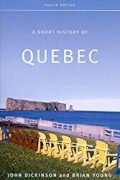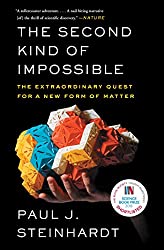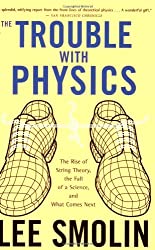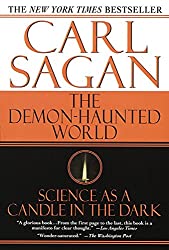
Rating: 8.0/10.
A scientist arrives in Antarctica to make observations with a telescope, then gets a call that his dad is dying, and has to leave. This book has two intertwined parts: one telling the author’s story with cosmology and the second explaining problem in modern physics research and the Nobel prize. The title is a kind of double-entendre: the author loses the Nobel prize (after a close call), and the Nobel prize should be lost (abolished).
The first part starts off with Galileo observing the sky with his telescope, and generations of cosmologists trying to understand the structure of the universe and our place in it. In the 20th century, cosmic microwave background (CMB) is observed, and a lengthy scientific debate ensued over what happened in the big bang — was there an exponential inflation period or was it steady state? I didn’t follow all of the technical details, but in the end the author builds a telescope “BICEP” to measure the “B-mode polarization” of the microwave background. In 2014, they seemingly made a Nobel-prize-worthy discovery, but subsequently it was found that the signals were actually due to cosmic dust.
The second part talks about problems with the Nobel prize. It is only limited to three people, which doesn’t reflect modern physics research, where projects are collaborations of thousands of people. It encourages unhealthy competition and is very random, since many groups are working on similar things, but only the group that got there first gets all the glory. Finally, it requires recipients to be alive, which is bad since there’s often a decades gap between when something is theorized to when it’s experimentally verified.
From this book it seems that experimental physics is really technically difficult, competitive, and stressful, and indeed, in the middle of the book, a project leader commits suicide. One thing that struck me as odd was how the author seemed extremely fixated on winning the Nobel prize; this is in stark contrast to most interviews with Fields medalists, who concentrated on doing their best possible research, with prizes and awards as a mere afterthought.



